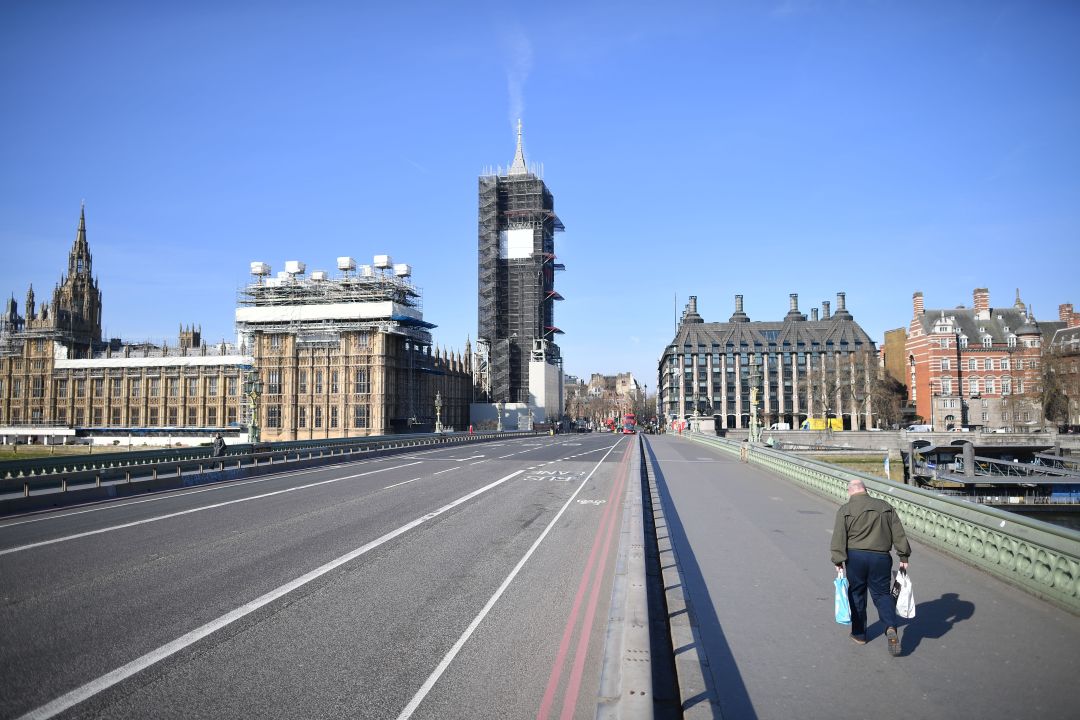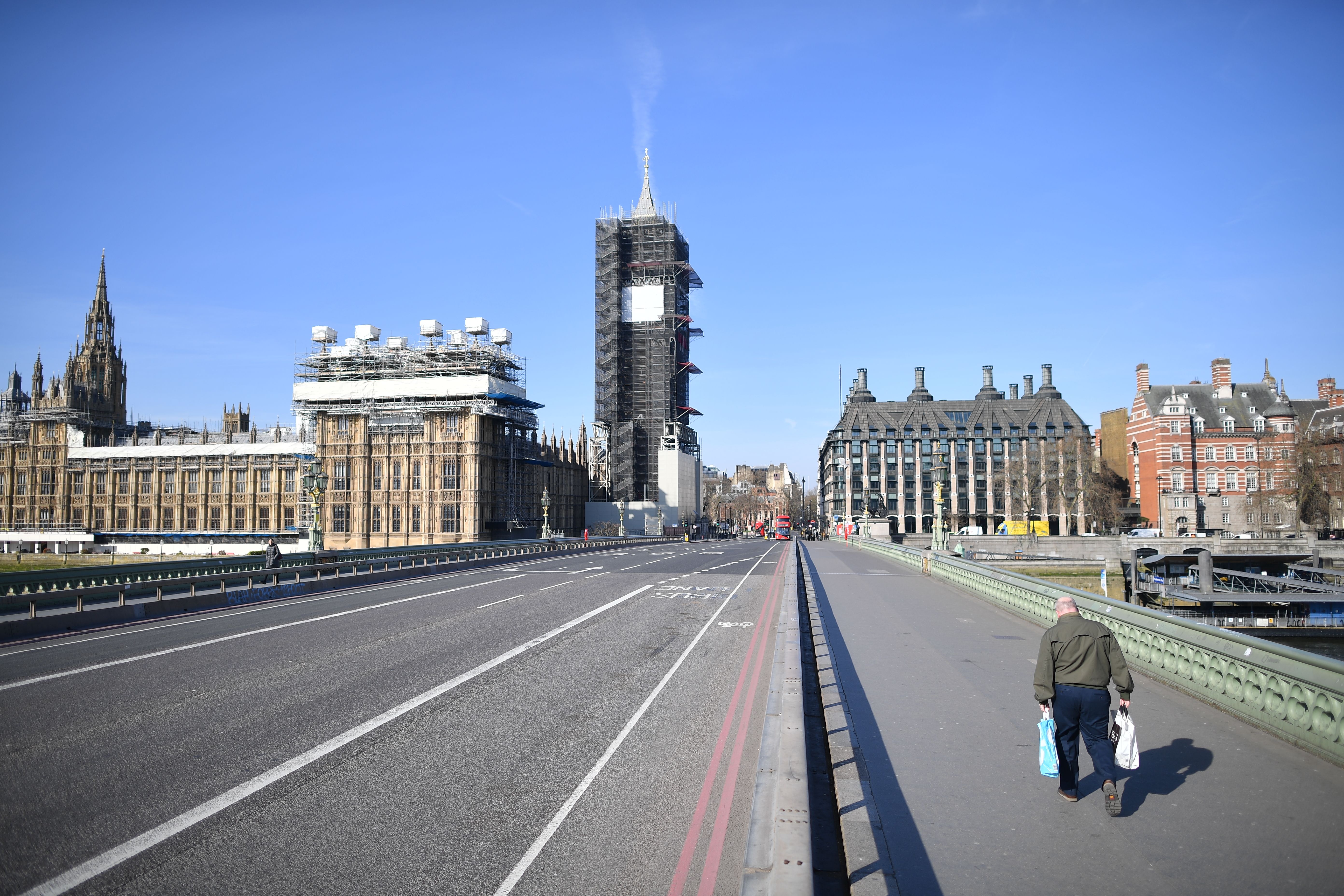One of the great Cameron legacies has been an era of very low unemployment. In his biography, the former PM cited two defining moments of his teenage years; the first was getting caught smoking weed at Eton and the second was reading the 1982 IEA pamphlet ‘What cost unemployment?’.
While Cameron avoided many of the radical policies that emanated from the free market think tank, he did adopt one of the central tenets of the paper: that those in work should be better off than the unemployed. By the time he left office in the wake of the 2016 referendum, UK unemployment sat at just 5 per cent. When Boris Johnson took over in July last year, the number of people out of work was half what it was at the height of the financial crisis.
That era could now be coming to a close. According to new polling for The Spectator by Redfield & Wilton, four out of five UK adults now expect unemployment to be higher by the end of the year than it is now. Out of those people, 40 per cent of them believe unemployment will rise from the current rate of 4 per cent to between 10 and 15 per cent.
The sample of 1500 people found:
- 82 per cent expect unemployment at the end of this year to be higher than the currently reported 4 per cent
- 39 per cent believe unemployment will rise to between 5 and 10 per cent
- 40 per cent think that unemployment will reach between 10 and 15 per cent
- 61 per cent said they do not have confidence that the UK economy will recover by the end of this year
As to how the government ought to cover the costs of the coronavirus pandemic, opinion was split:
- 25 per cent of respondents preferred government increases in borrowing
- 21 per cent preferred ‘increasing taxes’
- 21 per cent want the government to ‘reduce spending’
There is also an expectation that social distancing really is here to stay. Only 30 per cent of respondents thought that it was likely that a Spectator Christmas party would be on the cards. That’s compared to 34 per cent who believe office drinks won’t be allowed by then and 27 per cent who think the chances are even.
Could that lead us into a new era of prolonged, chronic unemployment? Of those who reported being unemployed a month ago, 45 per cent say they had given up seeking a new job for the time being. But given that we’ve seen a two-thirds drop in new job ads since the start of the crisis, that still means more people looking for less work.
According to the poll:
- 65 per cent of those reportedly in employment at the start of March said they had been working during the lockdown
- 30 per cent said they had been furloughed
- 44 per cent of those that had been furloughed said that their employment was unlikely to survive the longer the lockdown measures continued
The picture for self-employed workers, who make up around 15 per cent of the total workforce, is not a pretty one either:
- 67 per cent said that they had been working to keep their business running during the lockdown
- 41 per cent reported earning less than usual while 17 per cent said they had earnt ‘significantly less’
- 24 per cent reported taking no income during the last month
The poll suggests growing concerns over the economy combined with an expectation that social distancing will continue into much of the rest of the year. Rishi Sunak’s furlough scheme is aimed at curbing the impact of such changes. But with a view of lockdown continuing for some time, many voters just do not believe it will mean the bulk of jobs will be safe. With more unemployment and higher rates of government borrowing on the horizon, it looks as though the Cameron era is well and truly over.








Comments